New dean of education: “Expect a lot of questions”
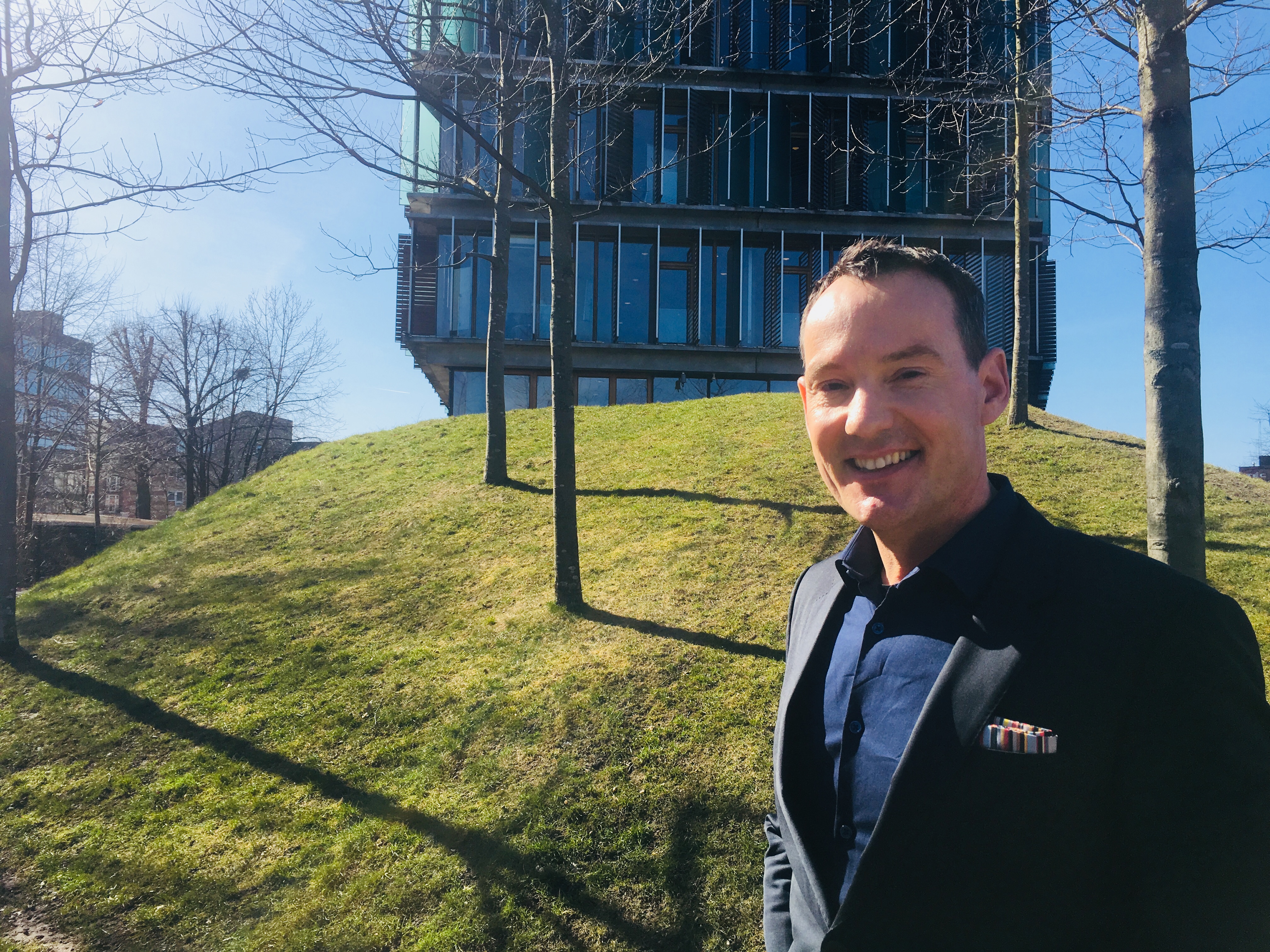
Gregor Halff has taken up the position as the new dean of education at CBS. He looks forward to asking a lot of questions, and together with students and staff prepare business education for the future. (Photo: Anne M. Lykkegaard)
50 percent of the jobs in 50 years are unknown to us as of yet. How do we prepare for that? This is one of the questions that Gregor Halff, the new dean of education at CBS, seeks to answer along with a lot of other questions in the coming future. CBS WIRE paid the new dean a visit to talk about the future and what the students and staff can expect. Read also, about how Gregor Halff wants to keep an eye on the study environment, which is currently making the students feel stressed out and anxious.
Gregor Halff, professor in corporate communication and former deputy dean for programmes at Singapore Management University, has flown in to take up the position as the new dean of education.
Some might think that weather-wise, it’s a bit of a down-grade moving from Singapore to Denmark, but the day I meet with Gregor Halff, Frederiksberg is bathed in what seems like the first proper spring-sun.
CBS WIRE came to pay the new dean a visit, on his fourth day filling in the position, to talk about: Why he applied for the position at CBS, what students and staff can expect of him, and how he will ensure that the education programs at CBS are kept up to par with the changes in society and the business sector.
Why did you apply for the position as the dean of education at CBS?
CBS has, for a long time, been on my radar, simply because I admire how CBS understands business education. The fact that it embeds business education in a broader understanding, in the society, and in the combination of disciplines. That’s why I have been following what CBS has been doing for a long time from abroad.
The second reason is that there are not that many business schools in the world that have a dean position that is specifically about education. When I realized that there was this fascinating role, at this fascinating school, I thought: Well, that might be a place where I could fit in and contribute.
What do you think CBS has to offer you?
What I’m immensely enjoying is the amount of diverse conversations I’m having. Simply the scale and the variety of intellectual footprints, I find appealing. That has to do with the size of the school, and the setup which integrates a whole number of disciplines.
How has it been moving from Singapore to Copenhagen?
My father was a diplomat, so I have moved every three years as a child. Moving in itself is, therefore, not unusual to me. What is a challenge, however, is to make sure that you become part of the community fast enough, in order to be able to contribute to it. That is the actual challenge of moving around.
What can the students and the staff expect of you as a person, but also as the dean of education?
What they can certainly expect is a lot of questions from me in the short run. In the long run I really want to engender a work atmosphere where we ask the big questions about business education together. And by discussing those questions, quite possibly, coming to new answers. If I can support a culture that allows for those questions to be asked and together find innovative answers. If I can achieve that, it would make me happy.
What are you taking with you from your former job?
It is always hard to take things and apply them in a new context, since every context is entirely unique, and that’s important for me to recognize. But there are probably three things that I’m glad I know.
1: I’m glad I know how to listen very closely. Being a Westerner in an Asian society, listening skills are crucial. When you go there and aren’t a part of society, you need to pick up signals that are not given explicitly. Communication in Asia is actually much less explicit than we have in the so-called West. And because of that, you need to be able to decipher what things mean.
2: I’m also glad that I know the value of entrepreneurship. In Singapore, there is an exceptional entrepreneurial society, where there is real value in turning ideas into productivity. I am glad I know how to detect that sense of entrepreneurship, which I know is around here as well.
3: The third thing, which is probably less Danish, is Singapore’s ability to communicate its own strengths to the world. Singapore punches above its weight, and is active about positioning itself in the world. With all the strength, we have here in Denmark and at CBS, we can tell the world a bit more about ourselves.
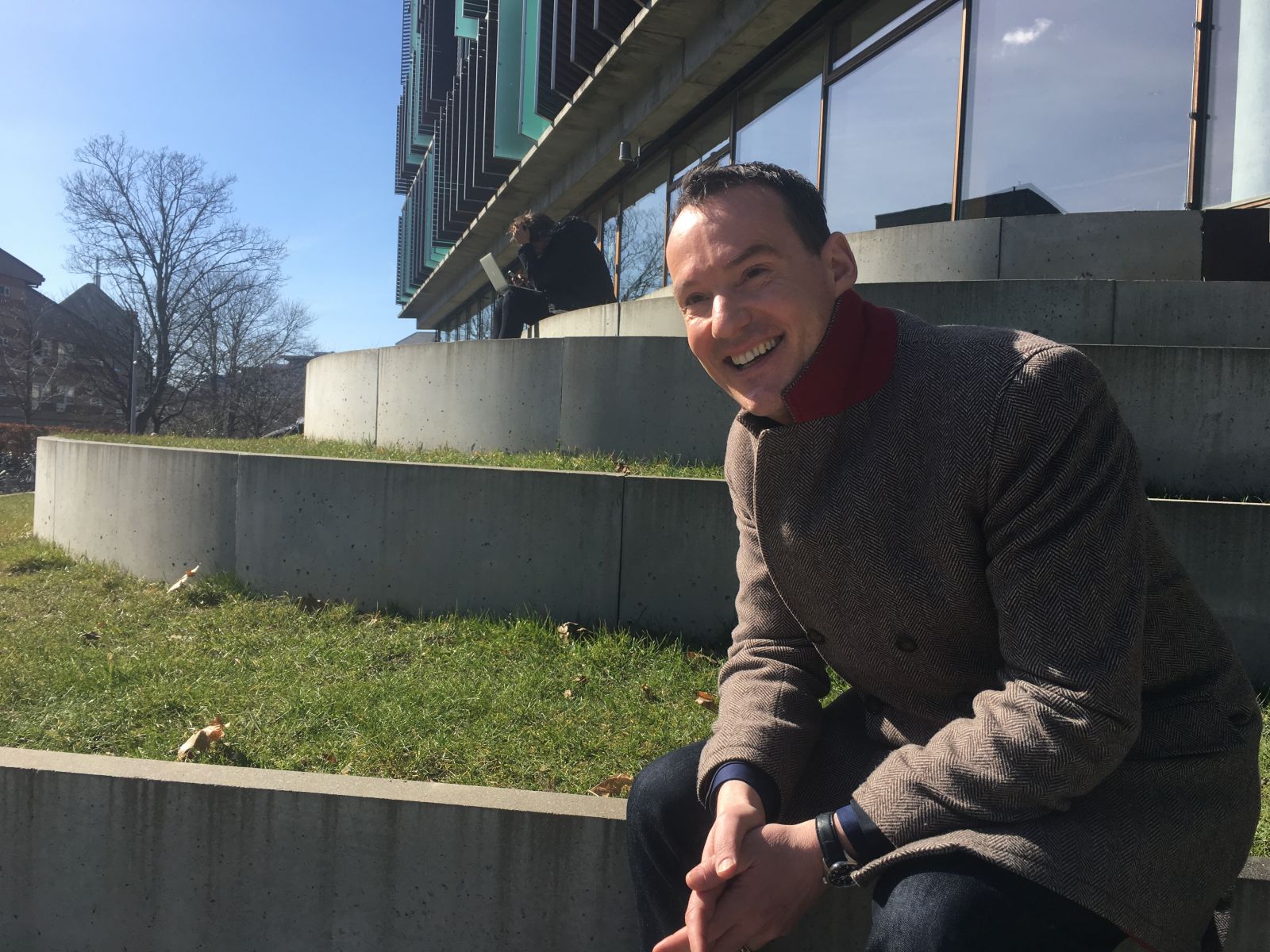
An issue that previous deans, professors, and Per Holten-Andersen keep pointing out is the poor basic research fund. In order to have more researchers teaching in the educational programs, we need a better basic research fund. Is this a challenge or an area that you will be working with?
It is an area more related to the work of Søren Hvidkjær, but it is also connected to some of the key-relationships that we have. One of the key-relationships we have invested in as a school is the relationship between research disciplines and the way they are reflected in the classrooms. Along with my colleagues, I know that it is worth it to keep investing in, and that there is no limit to the strength in that connection.
Do you mean that you will work towards having more researchers teaching?
There are probably different ways of executing that. I think the idea here is connectivity.
As long as we have people who can connect an intellectual territory with the classroom, I’m of the opinion that we should actively support those colleagues. That includes both researchers and also the people embedded in the industry that come here to teach. It is crucial to make that connection.
Where are we going now with education?
As it is only my fourth day, it is hard to answer. However, there are some natural questions that we, as a school, need to start asking.
This is a school that is over 100 years old. But at the same time, today we are educating people who are likely going to live to be 100 years old. What that means is that we are now educating people who are going to be in the workforce more than 50 years. In 50 years, about 50 percent of the jobs that exist now, won’t exist, while completely new forms of creating value will have appeared in business and society. Clearly, CBS needs ask – and answer – questions on how we prepare for those changing circumstances.
What I admire about CBS is that it keeps its key relationships very strong. There is a strong investment in the student relationships, a strong investment in the relationship with business and society, there’s a strong investment in the relationship between research and teaching. But what I just mentioned, about people being in the workforce for more than 50 years, means that we need to keep reinvesting in those relationships.
Here’s an example. If you look at the relationship that we have with society in Denmark, then we need to start asking what kind of society we are preparing for. Questions we could ask is: How do we craft the capabilities for working in a digital society and in an idea-driven economy? And for leading? Or for starting a business? And for being a responsible citizen?
I don’t have the answer to those questions. But they are definitely the ones that we can jointly start asking, and answering,
Will we see some changes in business education during your time?
Absolutely. As a school, we need to have conversations with our key relationships about where we want to take business education. That will almost certainly lead to new answers.
What have you been looking forward to the most, before starting here at CBS?
I find it very attractive that I work with three experienced and dedicated people in senior management: The university director, the dean of research, and the president. It’s quite unique, and I find that these four people, including myself, are becoming a bunch of real collaborators that share the same values, the same goals, and the same kind of energy. I was really looking forward to being part of that team.
You had your first official workday on Tuesday the 3rd of April. What have you been up to?
I have had a lot of conversations with the study directors from the study programs and the different departments. It’s important that I get to know both groups as soon as possible. That’s what I have been doing mostly.
What’s on the to-do-list until the summer time?
Obviously, the process is that the programs keep running and that the existing teams, which are doing a great job, can continue to focus on what they do well. At the same time, we as a university need to define how we tackle some of the big-ticket items by the summer. We need to determine what questions we are going to ask, and find a process of answering them. If we reach an agreement as to what we are going to discuss and how, I’d be happy by the summer – or the so-called summer.
My personal wish list it that part of the conversations will be about deeper and longer connections with students: life-long learning and tech-supported forms or learning. Secondly, that we discuss how we prepare for creating value and values in tomorrow’s society. And lastly, that we find out how we can tell the world about what Nordic countries, and especially Denmark, are getting right about leadership. There is a Danish way of leading, and it has served the Danish society and economy very well. How does it work? Shouldn’t that go into our University’s external identity, and into a global understanding of responsible management? Maybe there are other conversations, and the list is likely to be longer.
What is important to me is that this is not only for me to decide. I want to ask the questions, but we, as a university, need to decide what conversations we need to have.
What do you miss about Singapore?
I miss my friends. I’m sure I will have friends here, but I miss my friends.
A new report shows that a lot of the students seem to suffer from stress and anxiety due to a competitive culture where people measure each other on parameters such as grades, if they get a good student job, and etc. What do you think about that tendency?
I’m still learning about that. What we need to do as an institution is to be mindful that when one is mentally not healthy, they cannot perform. That means we have a duty to watch out for each other. I say this coming from an exceptionally competitive environment in Asia, where part of that competitiveness is balanced by communities who are watching out for each other. Just as an example, families are typically very close.
In Singapore, it is common that the bachelor students live both with their parents and grandparents. Because of this, students are being looked after. That balances the extreme competitiveness, and that’s a relatively good balance that works.
But competitiveness is not going to go away. Let’s accept that. What can we do as a community to watch out for each other and watch out for each other’s mental health?
It is one thing to have the community help out. But what can you, as the dean of education, do?
As an individual I can’t make a big difference. But as a dean I can be mindful in, how a study program becomes, not just a group of people studying, but rather how it becomes a community that takes care of each other, making sure that we remain mindful of the other students’ experiences. When the study program is designed and being run, we need to ask about the student experience from beginning to end, not just in the classroom. If that, as a community, makes us mindful of the experience people have, I think we have gained a lot.
Is this something you will specifically look into?
I will always, when I look at business education, not only look at the curricula and content, but the overall student experience. And that doesn’t end at the classroom door.
But it is a joint responsibility. The moment we start thinking about each other as a community, and not just as consumers of an educational product, I think there’s a protectiveness and productivity in that.
Do you think it is more important here in Denmark, when compared to Singapore, that the students build up this community-feeling during their studies. Because a lot of people live on their own, and move all the way from Jutland to Copenhagen…
That’s probably true. I don’t know enough about it, but that’s a good point.



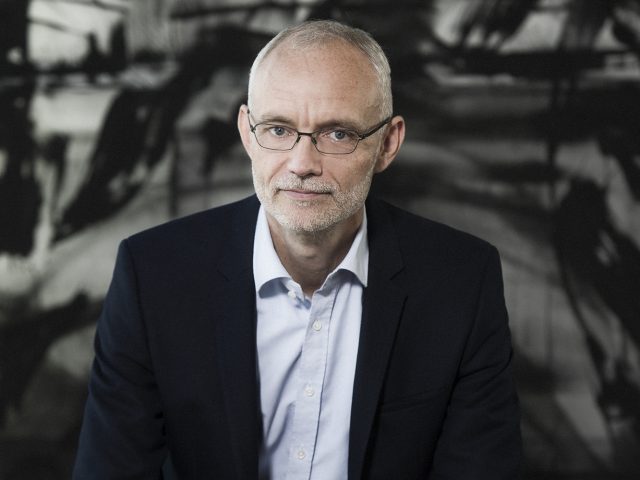
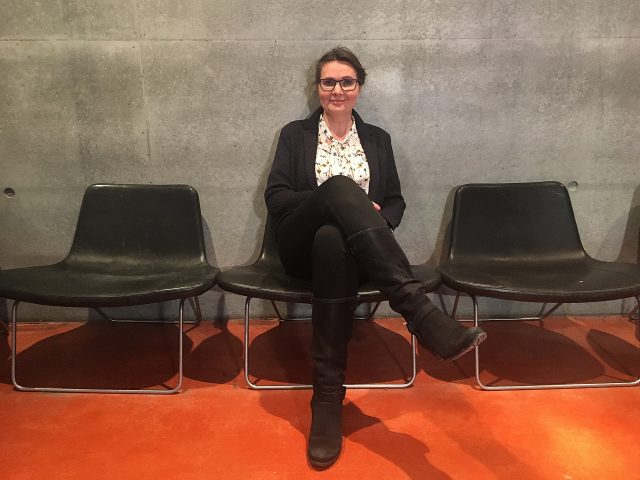
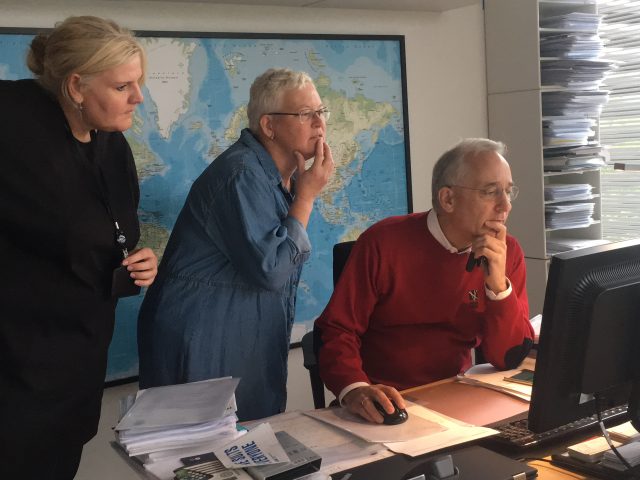
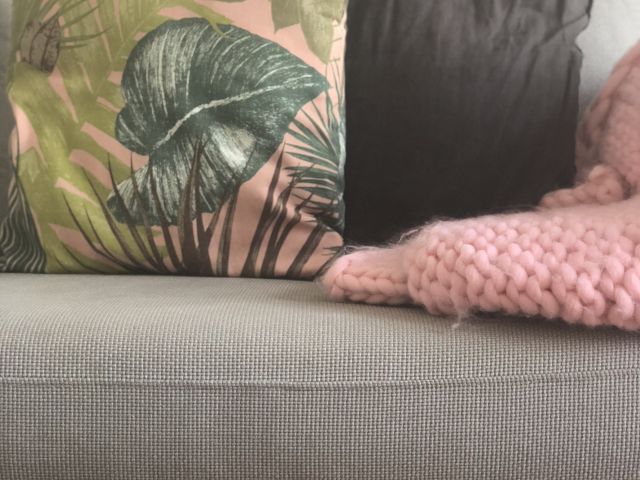
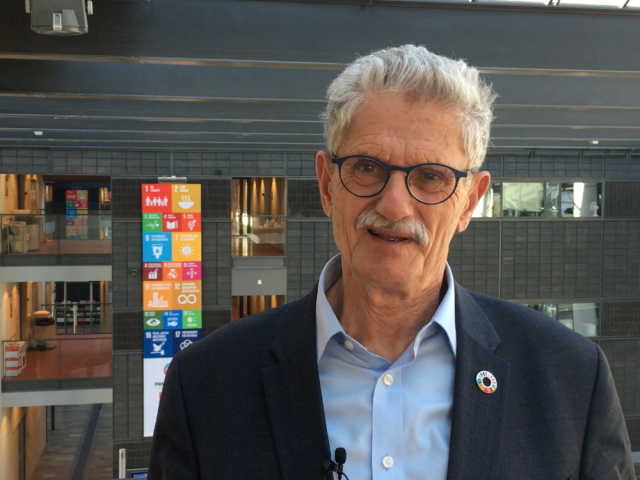




























































































































Comments